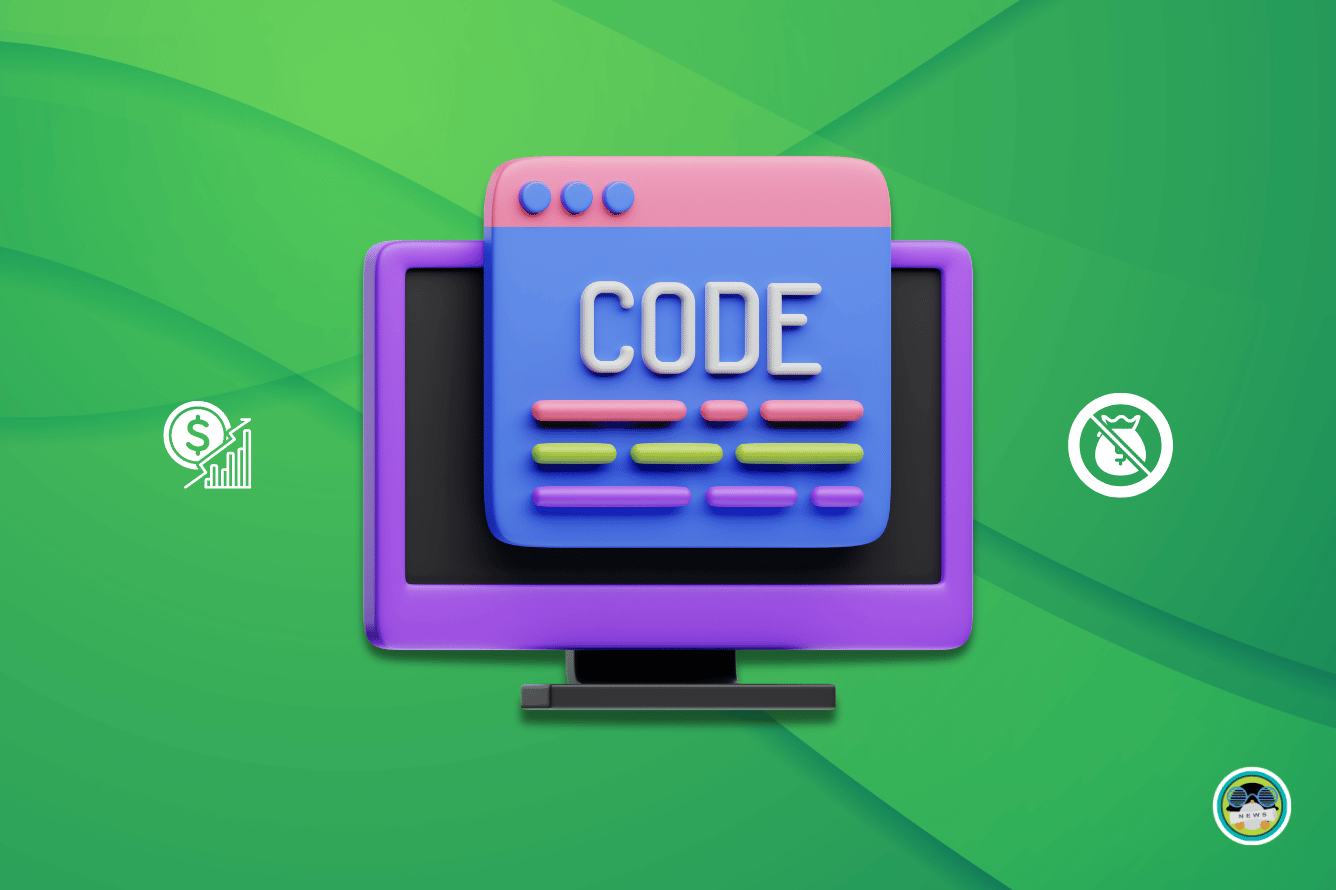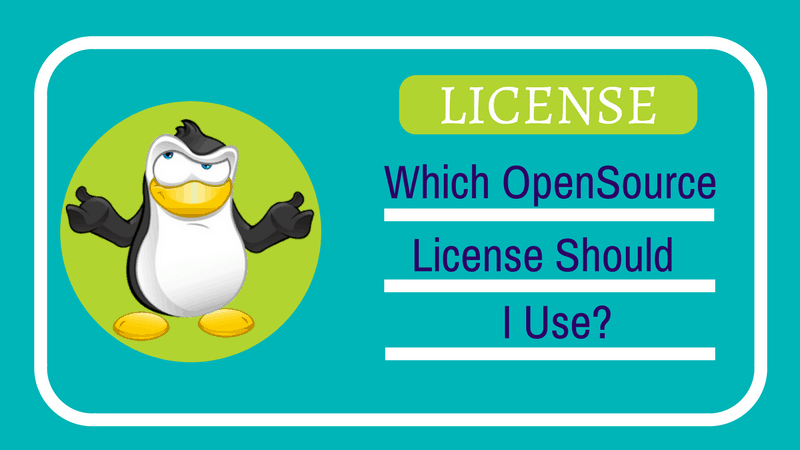
Software licensing has been a hot topic ever since the notion of copyrighting software came to be.
Currently, there are two key licensing models at play: one is the widely adopted open-source approach, where the software's code is freely available, allowing users to freely access, modify, and redistribute the software's source code with minimal restrictions.
The other is the closed source approach, where the source code is not publicly available, allowing users access to only a compiled version of the software, severely restricting what they can do with it.
But, as it turns out, many startups have come together to spread the word about a licensing model called “Fair Source”, pitching it as an alternative to closed-source.
Think of it as source-available, but a bit better (maybe?)
Suggested Read 📖

Fair Source: Trying To Find A Balance?

Being spearheaded by Sentry, Fair Source is a licensing model that outlines the following criteria for a piece of software to be called as Fair Source Software (FSS):
- It should be publicly available to read.
- It should allow use, modification, and redistribution with minimal restrictions to protect the producer’s business model.
- It should undergo Delayed Open Source Publication (DOSP)
The point about “minimal restrictions” refers to the limitation that's preventing commercial use of software licensed as Fair Source. That is where the last bit about DOSP comes in for Fair Source; they state that any FSS application can be converted to open source provided it meets the following conditions:
DOSP ensures that if a Fair Source company goes out of business, or develops its products in an undesired direction, the community or another company can pick up and move forward.
At the time of writing, there were three licenses considered as Fair Source, with the Functional Source License (FSL) being the recommended one, and two alternative options, the Fair Core License (FCL) and the Business Source License (BUSL/BSL).
Since August, many organizations like GitButler, Keygen, CodeCrafters, PowerSync and Ptah.sh have adopted one of those Fair Source licenses.
Interestingly, the term Fair Source has existed since at least 2015, when Heather Meeker drafted the first version of Fair Source in collaboration with Sourcegraph. It seems Sentry and the others have taken over the work and put their spin to it.
The debate on whether Fair Source is good or not has already begun, with some saying that this will help smaller companies avoid misuse of their work by tech giants like Amazon. But, on the other hand, many think that this is just being proprietary with extra steps.
The open-source community seems to be leaning towards the latter. A member of the r/opensource subreddit puts it like this:
Have fun with that. Meanwhile, I'll continue to use open source with a strong preference for copyleft.
You're welcome to license your software however you like. However, that doesn't mean anyone is going to use it. I wish these companies would just give up and use a proprietary license instead of further muddying the waters around open source and free software.
If you ask me, I agree with both of the above-mentioned takes. For now, we will not know whether Fair Source is good or not until some time has passed. It is up to organizations and individuals to choose which kind of licensing model they want to implement for their software.
It could give them a marketing boost, or it could help them be more transparent when compared to a closed-source approach.
Want To Learn More?
If you would like to learn more about this software licensing model, head to its official website.
All matters related to governance and new company/license submissions for Fair Source are being handled over at GitHub.
💬 Your thoughts? Do you like what Fair Source is trying to achieve? Think there's a better way?
Suggested Read 📖

- Even the biggest players in the Linux world don't care about desktop Linux users. We do.
- We don't put informational content behind paywall. Your support keeps it open for everyone. Think of it like 'pay it forward'.
- Don't like ads? With the Plus membership, you get an ad-free reading experience.
- When millions of AI-generated content is being published daily, you read and learn from real human Linux users.
- It costs just $2 a month, less than the cost of your favorite burger.
Become a Plus Member today and join over 300 people in supporting our work.











